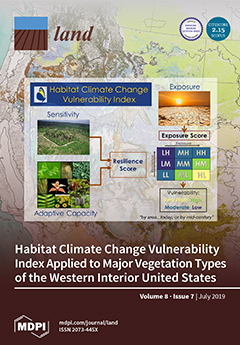Can Traditional Authority Improve the Governance of Forestland and Sustainability? Case Study from the Congo (DRC)
With about 107 million hectares of moist forest, the Democratic Republic of Congo (DRC) is a perfect paradox of a natural resources endowed country caught in repeated economic and socio-political crises. Democratic Republic of Congo possesses about 60% of the Congo basin’s forest on which the majority of its people rely for their survival.




